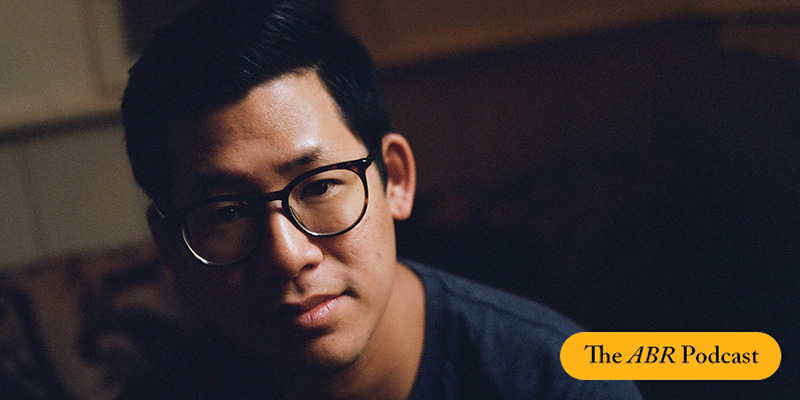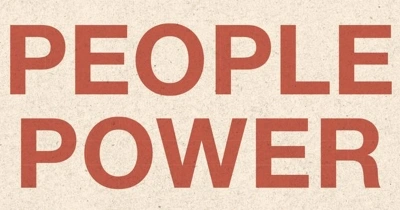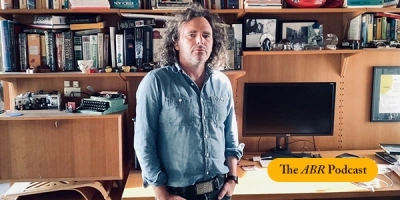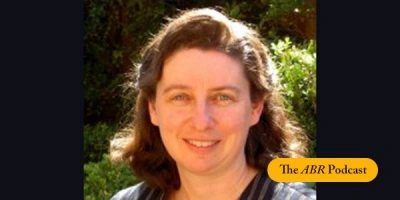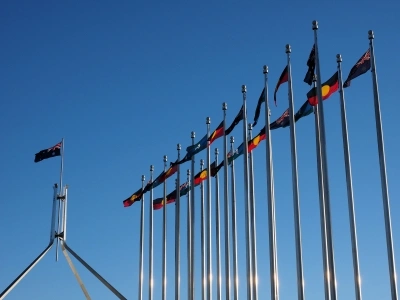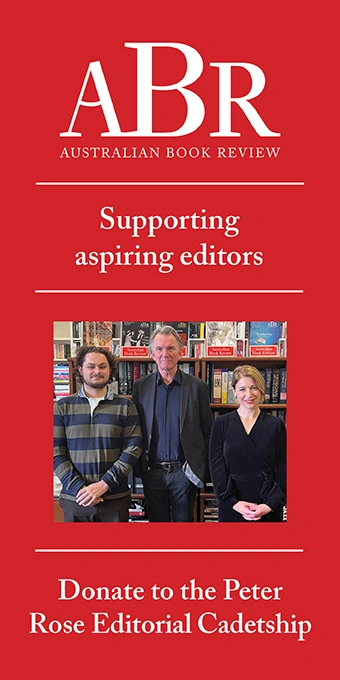Referendum
The ABR Podcast
Released every Thursday, the ABR podcast features our finest reviews, poetry, fiction, interviews, and commentary.
Subscribe via Apple Podcasts, Stitcher, Google, or Spotify, or search for ‘The ABR Podcast’ on your favourite podcast app.
A worse world: History from the future
by André Dao
This week on the ABR podcast we feature André Dao’s review of The Shortest History of AI by Toby Walsh. In his analysis, Dao notes an undercurrent of ‘pervasive technological solutionism’ in Walsh’s ‘core history… of technological innovations’. André Dao is a PhD candidate at the Melbourne Law School and won the Prime Minister’s Literary Award for Fiction, among other prizes, for his debut novel Anam (2023). Listen to André Dao with ‘A Worse World: History from the future’, published in the June issue of ABRABR.
Recent episodes:
People Power: How Australian referendums are lost and won by George Williams and David Hume
In this week’s ABR Podcast, Joel Deane argues that one person more than any other is the reason why more than sixty per cent of voters said No in the Voice referendum. Former prime ministers, he says, haunt Australian politics like Hamlet’s Ghost. Joel Deane is a poet, novelist and speechwriter. Listen to Joel Deane’s ‘A maddening country: The long political shadow of John Howard’, published in the December issue of ABR.
... (read more)This week’s ABR Podcast is a reflection on the future of referendums in the aftermath of the Voice. Constitutional scholar Anne Twomey argues that referendums in Australia are now an endangered species and reminds us of the original intent behind them. Anne Twomey is a Professor Emerita of the University of Sydney and was a member of the Constitutional Expert Group advising on the Voice referendum. Listen to Anne Twomey’s ‘Voiceless in Australia: Will we ever have another referendum?’, published in the December issue of ABR.
... (read more)On 27 May 1967, a proposal to change two clauses of the Australian Constitution won the approval of 90.77 per cent of those who voted, the highest ever achieved in an Australian referendum. In the forthcoming referendum, according to various opinion polls, the best the advocates for a ‘yes’ vote can hope to achieve is a bare majority. How can this difference be explained? Several factors appear to be at work. They range from the simple, which are acknowledged, to the complex, which don’t seem to be known.
... (read more)

